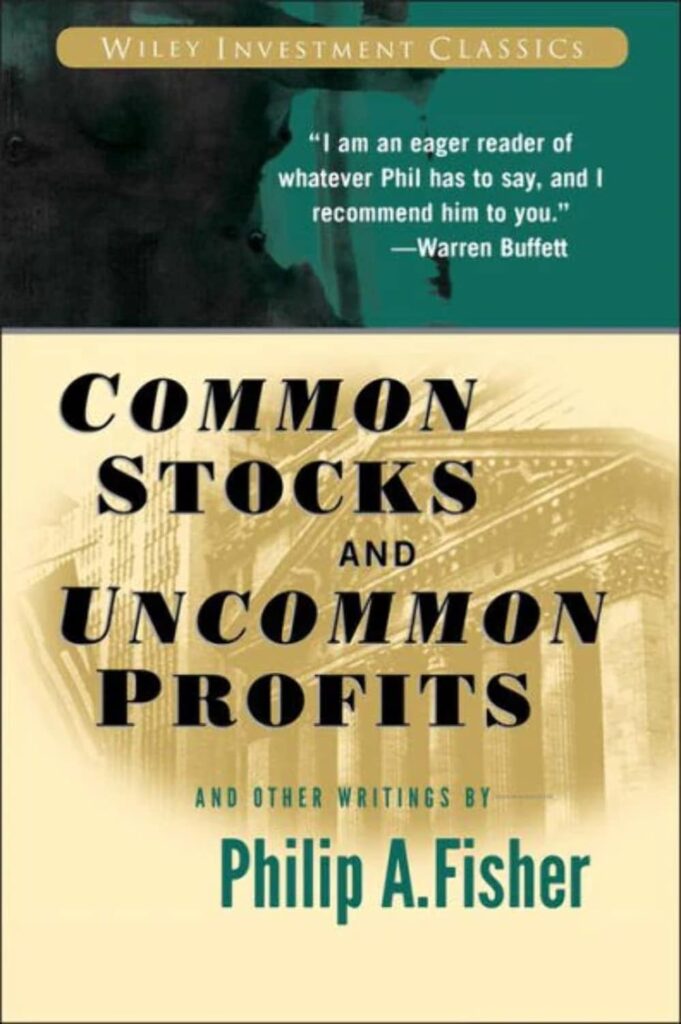Philip Fisher’s five more don’ts for investors
1. Don’t overstress diversification
Investors have been so oversold on diversification that fear of having too many eggs in one basket has caused them to put far too little into companies they thoroughly know and far too much in others about which they know nothing at all. “It never seems to occur to them, and much less to their advisors, that buying a company without having sufficient knowledge of it may be even more dangerous than having inadequate diversification.
2. Don’t be afraid of buying on a war scare
War is always bearish on money. To sell stock at the threatened or actual outbreak of hostilities so as to get into cash is extreme financial lunacy. Actually just the opposite should be done. If an investor as about decided to buy a particular common stock and the arrival of a full-blown war scare starts knocking down the price, he should ignore the scare psychology of the moment and definitely begin buying. This is the time when having surplus cash for investment becomes least, not most, desirable…If war actually breaks out, the price would undoubtedly go still lower, perhaps a lot lower. Therefore the thing to do is to buy but buy slowly and at a scale down on just a threat of war. If war occurs, then increase the tempo of buying significantly. Just be sure to buy into companies with products or services the demand for which will continue in wartime, or which can convert their facilities to wartime operations.
3. Don’t forget your Gilbert and Sullivan
Gilbert and Sullivan are hardly considered authorities on the stock market. Nevertheless, we might keep in mind their “flowers that bloom in the spring, tra-la” which, they tell us, have “nothing to do with the case”.
Don’t be influenced by what doesn’t matter, says Philip Fisher. For some reason, the first thing that many investors want to see when they are considering buying a particular stock is a table giving the highest and lowest price at which the stock has sold in each of the past five or ten years. They go through a sort of mental mumbo-jumbo, and come up with a nice round figure which is the price they are willing to pay for the particular stock.
“Is this illogical? Is it financially dangerous?” asks Philip Fisher. His answer to both is an emphatic yes. It is dangerous because it puts the emphasis on what does not particularly matter, and diverts attention from what does matter. Another example is that many investors will give heavy weight to the per-share earnings of the past four or five years in trying to decide whether a stock should be bought. What counts is knowledge of background conditions. An understanding of what probably will happen over the next several years is of overriding importance.
4. Don’t fail to consider time as well as price in buying a true growth stock
5. Don’t follow the crowd
About Philip Fisher: American stock investor Philip Arthur Fisher (September 8, 1907 – March 11, 2004) was best known as the author of the investment guide book known as Common Stocks and Uncommon Profits. The book has the reputation of staying in print since it first published in 1958.
